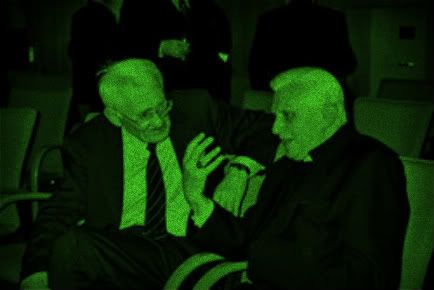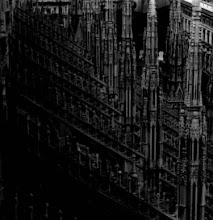
" The Promethean power of industry (cosmic, technical, and human) could be encompassed in a single productivist metaphysic in which the concept of energy, united with matter, was the basis of all reality and the source of all productive power--a materialist idealism, or as I prefer to call it, transcendental materialism. The language of labor power was more than a new way of representing work: it was a totalizing framework that subordinated all social activities to production, raising the human project of labor to a universal attribute of nature" --Rabinach, The Human Motor: Energy, Fatigue, and The Origins of Modernity.
" The basis of irreligious criticism is this: man makes religion; religion does not make man. Religion is indeed man's self-consciousness and self-awareness so long as he had not found himself or has lost himself again. But man is not an abstract being, squatting outside the world. Man is the human world, the state, society. This state, society, produce religion which is an inverted world consciousness, because they are an inverted world. Religions is the general theory of this world, its encyclopedic compendium, its logic in popular form its spiritual point d'honneur, its enthusiasm, its moral sanction, its solemn complement, its general basis of consolation and justification. It is the fantastic realization of the human being inasmuch as the human being possesses no true reality. The struggle against that world whose spiritual aroma is religion.
Religious suffering is at the same time an expression of real suffering and a protest against real suffering. Religion is the sigh of the oppressed creature, the sentiment of a heartless world, and the soul of soulless conditions. It is the opium of the people.
The abolition of religion as the illusory happiness of men, is a demand for their real happiness. The call to abandon their illusions about their condition is a call to abandon a condition which requires illusions. The criticism of religion is, therefore, the embryonic criticism of this vale of tears of which religion is the halo.
Criticism has plucked the imaginary flowers from the chain, not in order that man shall bear the chain without caprice or consolation but so that he shall cast off the chain and pluck the living flower. The criticism of religion disillusions man so that he will think, act and fashion his reality as a man who has lost his illusions and regained his reason; so that he will revolve about himself as his own true sun. Religion is only the illusory sun about which man revolves so long as he does not revolve about himself.
It is the task of history, therefore, once the other-world of truth has vanished, to establish the truth of this world. the immediate task of philosophy, which is in the service of history, is to unmask human self-alienation in its secular form now that it has been unmasked in its sacred form. Thus the criticism of heaven is transformed into the criticism of earth, the criticism of religion into the criticism of law, and the criticism of theology into the criticism of politics."
--Karl Marx, Contribution to the Critique of Hegel's Philosophy of Right: Introduction

